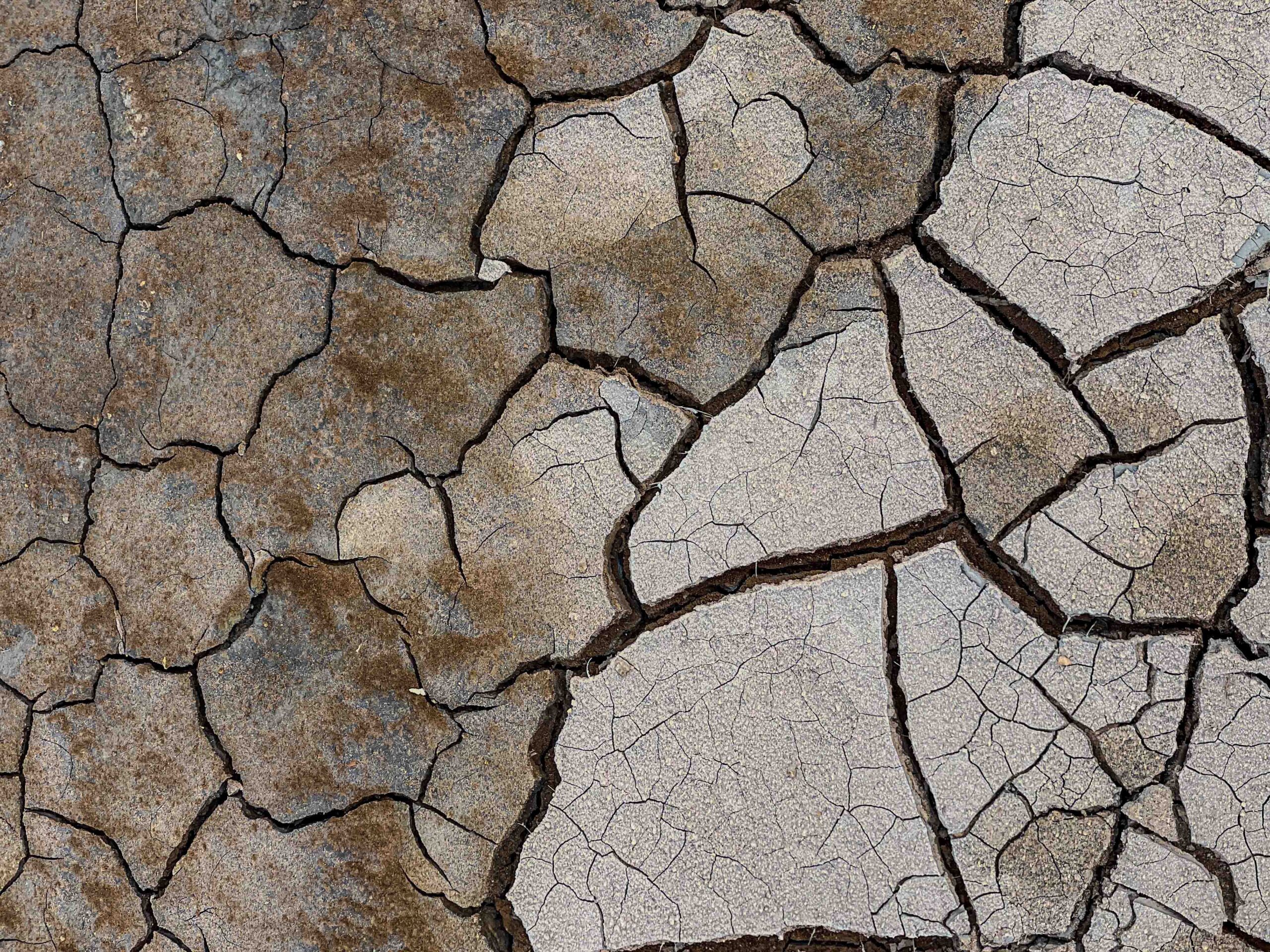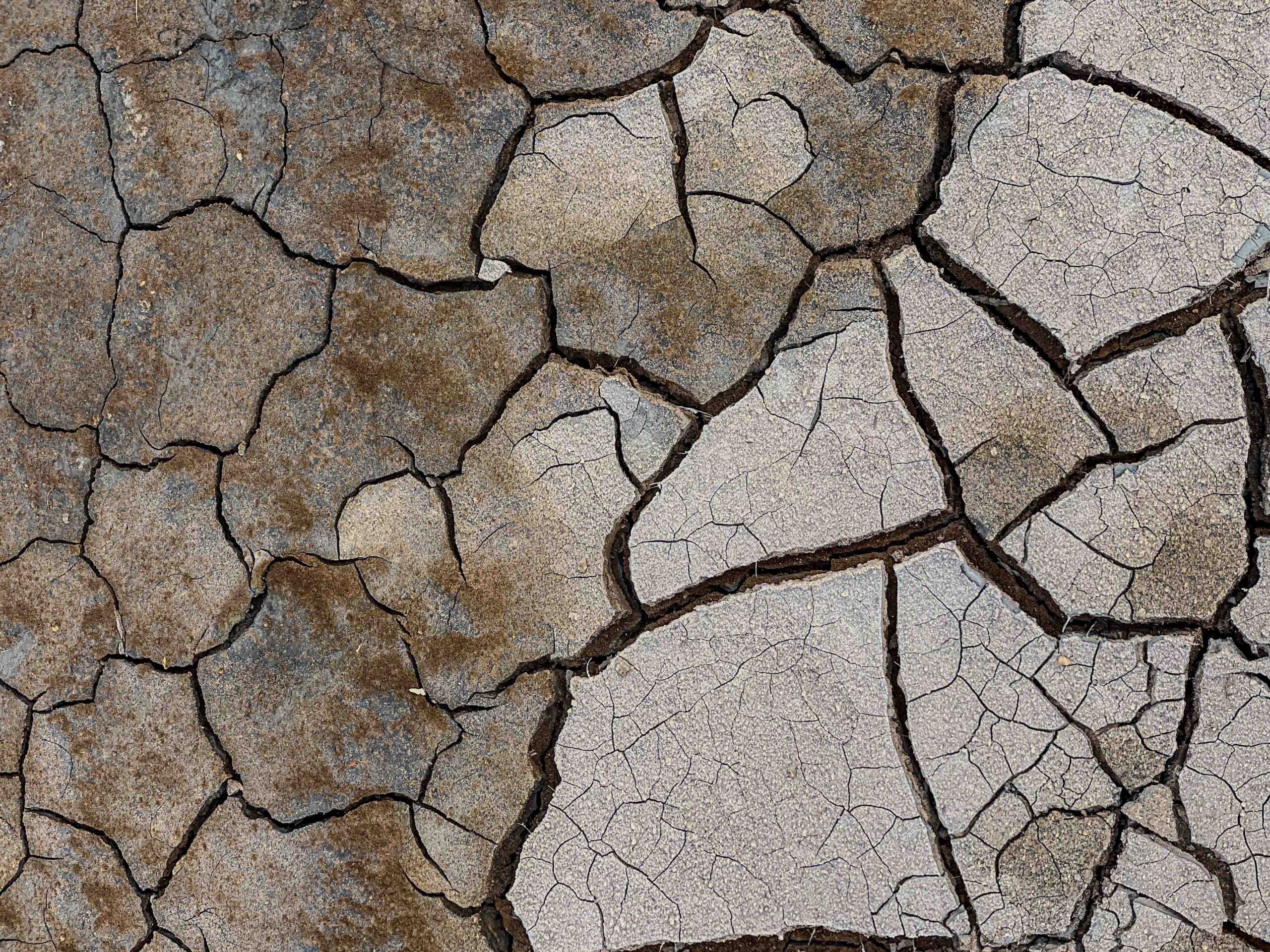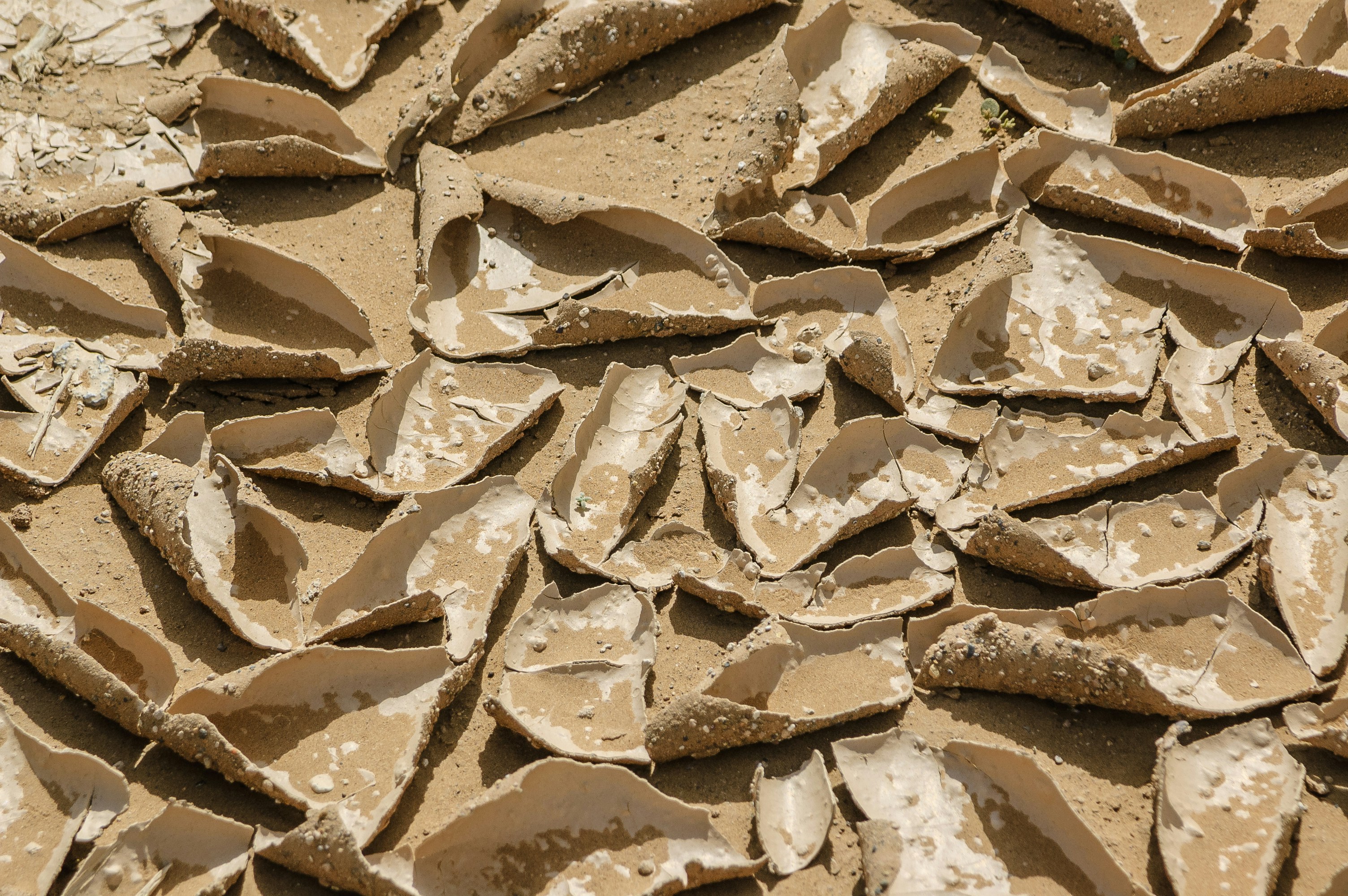Have you ever noticed that your urine has an unpleasant odor when you’re feeling dehydrated? It’s not just your imagination – there’s actually a scientific explanation behind it. When you don’t drink enough water, your body becomes dehydrated, causing your urine to become more concentrated. As a result, waste products, such as urea and ammonia, become more concentrated in your urine, leading to that strong and unpleasant smell. So, the next time you notice a less than pleasant odor emanating from the bathroom, it might just be a reminder to grab a glass of water and hydrate yourself.
Understanding Dehydration
Definition of dehydration
Dehydration occurs when your body does not have enough fluids to function properly. It happens when the amount of water leaving your body is greater than the amount you take in. This can cause an imbalance in your body’s fluid levels, leading to various health issues. Dehydration can occur for various reasons and understanding its causes, signs, and symptoms is crucial to maintaining your overall well-being.
Causes of dehydration
There are several factors that can lead to dehydration. The most common causes include inadequate fluid intake, excessive sweating, vomiting, diarrhea, and certain medical conditions such as diabetes and kidney disease. Additionally, environmental factors like hot weather or high altitudes can also contribute to dehydration. It is essential to recognize these causes in order to prevent and address dehydration effectively.
Signs and symptoms of dehydration
Recognizing the signs and symptoms of dehydration is vital for your health. Some common indicators of dehydration include increased thirst, dry mouth and throat, fatigue, dizziness or lightheadedness, dark-colored urine, and reduced urine output. Additionally, you may experience symptoms such as dry skin, headache, muscle cramps, and a rapid heartbeat. Understanding these signs can help you identify and address dehydration promptly.
Dehydration and Urination
How Dehydration affects urination frequency
Dehydration can significantly impact the frequency of urination. When your body is dehydrated, it tries to conserve water by reducing urine production. As a result, you may notice a decrease in the number of times you urinate throughout the day. This can also lead to an increased concentration of waste products in your urine, causing it to have a stronger smell and a darker color. Regular hydration is crucial to maintain a healthy urination frequency.
Impact of dehydration on urine color
The color of your urine can serve as a useful indicator of your hydration levels. Under normal circumstances, urine is pale yellow or straw-colored. However, when you are dehydrated, your body tries to retain fluid, resulting in a more concentrated urine. This leads to a darker color, often ranging from amber to a deep yellow or even orange. Monitoring the color of your urine can help you gauge your hydration status and take appropriate measures.
Changes in urine concentration due to dehydration
Dehydration can cause changes in the concentration of your urine. When you are dehydrated, your body conserves water by absorbing it from the urine. This makes the urine more concentrated, meaning there is a higher amount of waste products, such as urea and certain minerals, present in a smaller volume of liquid. This increased concentration can contribute to the strong smell often associated with dehydrated urine.
Understanding Urine Smell
Normal urine smell
Under normal circumstances, urine typically has a slightly acidic odor that is relatively mild and not particularly pungent. The smell is influenced by various factors, including your diet, medications, and overall health. While everyone’s urine may differ slightly in odor, it is generally not considered unpleasant or strong. Understanding what constitutes normal urine smell can help you identify changes that may indicate an underlying issue.
Factors affecting urine smell
Several factors can affect the smell of your urine. The foods and beverages you consume can have a significant impact. Consuming foods like asparagus, onions, and garlic can cause your urine to acquire a stronger odor. Certain medications, such as certain antibiotics and vitamin B supplements, can also affect urine smell. Additionally, various medical conditions, infections, and even your hydration level can influence the odor. Recognizing these factors can help you pinpoint the cause of any unusual urine odor.
Why Dehydration Leads to Bad Smelling Urine
Increase in urine concentration
When you are dehydrated, your body conserves water by reducing urine production. This leads to a higher concentration of waste products in the urine, making it more potent and giving it a bad smell. The increased concentration of urea, a waste product produced by the liver, can contribute to the foul odor associated with dehydrated urine. Staying properly hydrated can help dilute the urine and prevent it from becoming concentrated and smelly.
Excretion of waste materials
One of the primary functions of urine is to remove waste products from the body. When you are dehydrated, the body tries to conserve water, resulting in less water being available to flush out waste materials. This can lead to the accumulation of waste products in the urine, contributing to its strong smell. Proper hydration plays a crucial role in ensuring the effective excretion of waste materials and maintaining optimal urinary health.
Changes in body metabolism
Dehydration can disrupt your body’s normal metabolic processes, including the breakdown of certain substances. When hydration levels are low, the body may not efficiently metabolize certain compounds, leading to the production of volatile substances that can give urine a foul odor. By maintaining proper hydration, you can help support your body’s metabolic functions and prevent the buildup of these odor-causing compounds.

Other Causes of Bad Smelling Urine
Certain foods and beverages
Besides dehydration, certain foods and beverages can also contribute to bad smelling urine. Asparagus, for example, can cause urine to have a distinct, pungent odor due to the breakdown of sulfur compounds. Similarly, consumption of foods like onions, garlic, and alcohol can give urine an unpleasant smell. Being aware of these foods and moderating their consumption can help minimize any undesirable urine odor.
Specific medications
Certain medications, such as certain antibiotics and vitamin B supplements, can alter the smell of urine. For instance, antibiotics like penicillin can give urine a strong, medicinal odor. Additionally, high doses of certain B vitamins, like B6, can result in a musty or fishy smell to the urine. It is important to note any changes in urine smell that coincide with the use of medications and consult with your healthcare provider if necessary.
Urinary tract infections
Urinary tract infections (UTIs) can cause a variety of symptoms, including changes in urine smell. A strong or foul odor, along with other symptoms like pain or burning during urination and frequent urges to urinate, may indicate the presence of a UTI. These infections can be caused by bacteria entering the urinary tract and can usually be treated with antibiotics. If you suspect a UTI, it is important to seek medical advice for proper diagnosis and treatment.
Certain metabolic diseases
In some cases, bad smelling urine can be a sign of an underlying metabolic disease. Conditions such as maple syrup urine disease or phenylketonuria (PKU) can cause a sweet or musty odor in the urine due to the body’s inability to properly metabolize certain amino acids. These conditions are typically diagnosed early in life through newborn screening tests. If you suspect a metabolic disorder, it is important to consult with a healthcare professional for appropriate evaluation and management.
Sexually transmitted diseases
Certain sexually transmitted diseases (STDs) can also cause changes in urine smell. STDs such as gonorrhea or trichomoniasis can lead to an abnormal or foul-smelling urine. If you suspect you may have contracted an STD, it is crucial to seek medical advice for proper diagnosis and treatment. Early detection and treatment of STDs are vital to prevent complications and reduce the risk of transmission.
Preventing Bad Smelling Urine
Maintaining proper hydration
One of the most effective ways to prevent bad smelling urine is by maintaining proper hydration. Make sure to drink an adequate amount of water throughout the day, especially during hot weather or when engaging in physical activity. Aim for at least eight glasses of water daily, or more if needed. Remember that beverages like coffee, tea, and soda may have a diuretic effect, so it’s important to balance your fluid intake accordingly.
Dietary adjustments
Certain dietary adjustments can also help prevent bad smelling urine. Avoiding or moderating foods known to contribute to strong urine odor, such as asparagus, onions, and garlic, can be beneficial. Additionally, consuming foods rich in water content, such as fruits and vegetables, can help maintain hydration levels and dilute urine, reducing its odor. Balanced and wholesome meals can support overall urinary health.
Regular urination
Frequent and regular urination is essential for maintaining optimal urinary health. Make sure to empty your bladder when you feel the need to urinate and avoid delaying urination for extended periods. Holding in urine for too long can contribute to the concentration of waste products, potentially leading to bad smelling urine. Listen to your body’s signals and prioritize regular bathroom breaks.
Proper hygiene routines
Maintaining proper hygiene routines can help prevent bad smelling urine. Ensure that you clean your genital area thoroughly during showers or baths, using mild, unscented products. Wearing breathable underwear and changing it regularly can help prevent the buildup of bacteria or other substances that may contribute to unpleasant urine odors. Good hygiene practices can significantly contribute to urinary health.
Rehydrating the Body Properly
Drinking ample amounts of water
The most effective way to rehydrate your body is by drinking ample amounts of water. Water is essential for maintaining proper bodily functions, including the regulation of body temperature and the transportation of nutrients. Aim to drink at least eight glasses of water per day, and more if you are engaging in physical activity or in hot weather. Sipping water throughout the day can help ensure a constant supply of fluids.
Ingesting fluids with electrolytes
When you are dehydrated, your body not only lacks water but also important electrolytes that help maintain a healthy balance. In addition to drinking water, consider ingesting fluids that contain electrolytes, such as sports drinks or rehydration solutions. These fluids can help replenish the electrolytes lost through sweating and ensure that your body is properly hydrated. Make sure to choose options that are low in sugar and artificial additives.
Avoiding dehydrating drinks
While certain beverages may seem refreshing, they can actually contribute to dehydration. Drinks like alcohol, caffeinated beverages, and sugary sodas can have a diuretic effect, increasing urine production and potentially worsening dehydration. It is important to avoid or moderate the consumption of these dehydrating drinks, especially when you are already experiencing dehydration symptoms. Opt for water, herbal teas, or other hydrating and electrolyte-rich alternatives instead.
When to Seek Medical Advice
Persistent bad smelling urine
If you notice that your urine continues to have a strong or foul odor even after increasing your fluid intake and practicing good hydration habits, it is advisable to seek medical advice. Persistent bad smelling urine may indicate an underlying medical condition that requires further evaluation and treatment. Your healthcare provider can perform appropriate tests and screenings to identify the root cause and provide necessary guidance.
Presence of other symptoms
If you experience other symptoms in addition to the bad smelling urine, it is important to consult with a healthcare professional. Symptoms such as frequent urination, pain or discomfort during urination, blood in urine, or unexplained weight loss should not be ignored. These symptoms can be indicative of various urinary tract issues or other health conditions that require medical attention.
Suspected UTI or other infections
If you suspect you may have a urinary tract infection (UTI) or any other type of infection, it is crucial to seek medical advice promptly. Infections can cause persistent and unpleasant changes in urine smell, along with other symptoms like pain, burning, or urgency during urination. UTIs can worsen if left untreated and can lead to more severe complications. Your healthcare provider can perform the necessary tests and provide appropriate treatment.
Medical Treatment Options
Antibiotics for infections
If the cause of your bad smelling urine is determined to be an infection, such as a urinary tract infection, your healthcare provider may prescribe antibiotics. Antibiotics are effective in treating bacterial infections and can help eliminate the underlying source of the odor. It is important to follow your healthcare provider’s instructions regarding the dosage and duration of the prescribed antibiotics to ensure complete resolution of the infection.
Medications for certain conditions
In some cases, if an underlying medical condition is causing the bad smelling urine, medications may be prescribed to manage or treat the condition. For example, if a metabolic disorder or hormonal imbalance is contributing to the odor, specific medications may help regulate the body’s metabolism or hormone levels. It is important to work closely with your healthcare provider to properly manage any underlying health conditions.
Intravenous fluids for severe dehydration
In cases of severe dehydration, where oral rehydration may not be sufficient, intravenous (IV) fluids may be administered. IV fluids can quickly replenish fluids and electrolytes in the body, helping to resolve dehydration more rapidly. This method is often used in hospital settings when a person’s hydration needs cannot be met through oral intake alone. If you are experiencing severe dehydration symptoms, seeking medical attention is crucial.
Conclusion
Understanding the relationship between dehydration and bad smelling urine is essential for maintaining your overall health and well-being. Dehydration can affect urination frequency, urine color, and concentration, leading to a stronger and more unpleasant smell. However, it is important to note that bad urine odor can also be caused by other factors such as certain foods, medications, infections, or underlying medical conditions.
By maintaining proper hydration, making dietary adjustments, practicing regular urination, and following good hygiene routines, you can help prevent bad smelling urine. It is crucial to listen to your body’s signals, consume an adequate amount of water, and treat any underlying medical conditions as necessary. Regular urine checks and seeking medical advice when needed are important steps in maintaining urinary health.
Remember, urine smell can vary from person to person, and changes in odor may not always indicate a problem. However, if you are concerned about persistent or unusual urine odor, it is always best to consult with a healthcare professional who can provide personalized advice and guidance based on your specific situation. Prioritizing hydration and taking essential actions to prevent bad urine smell can contribute to your overall well-being and urinary health.



